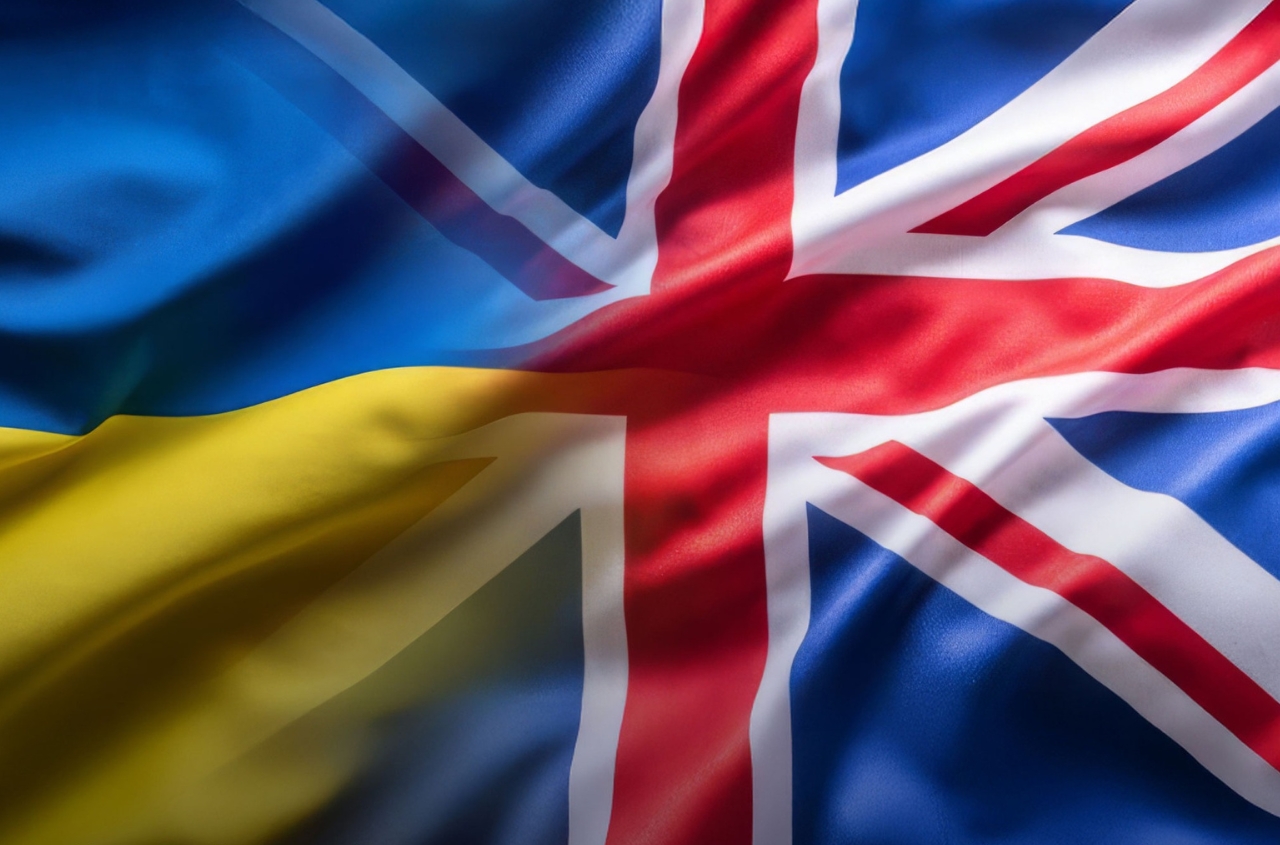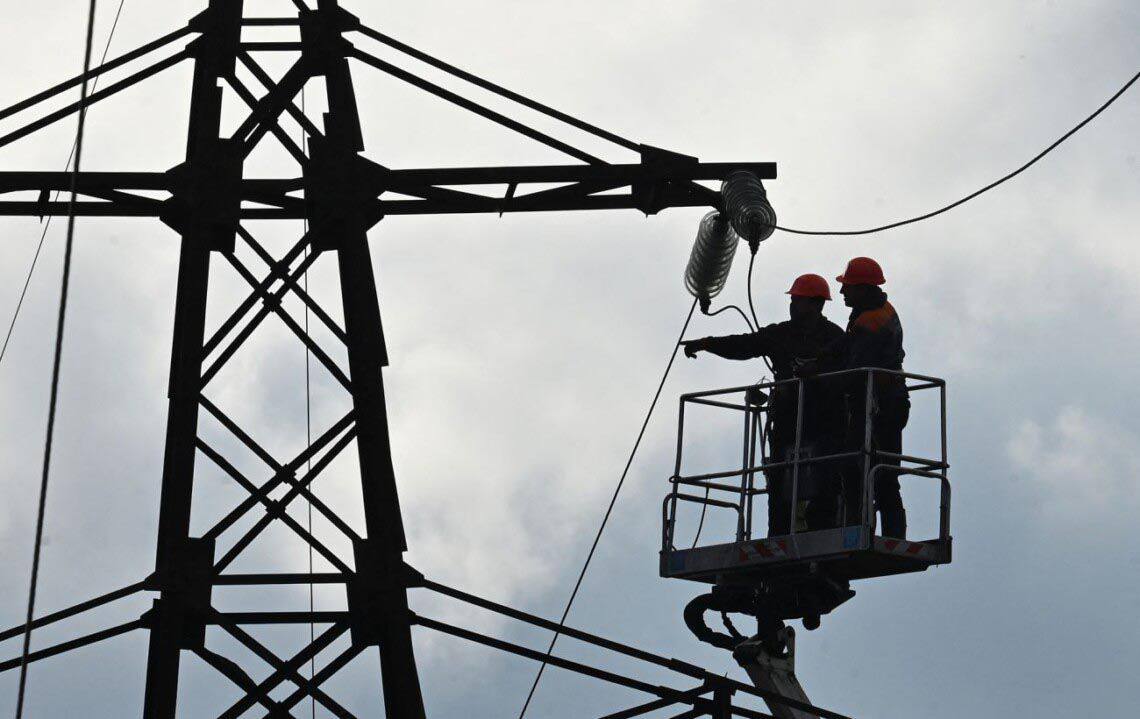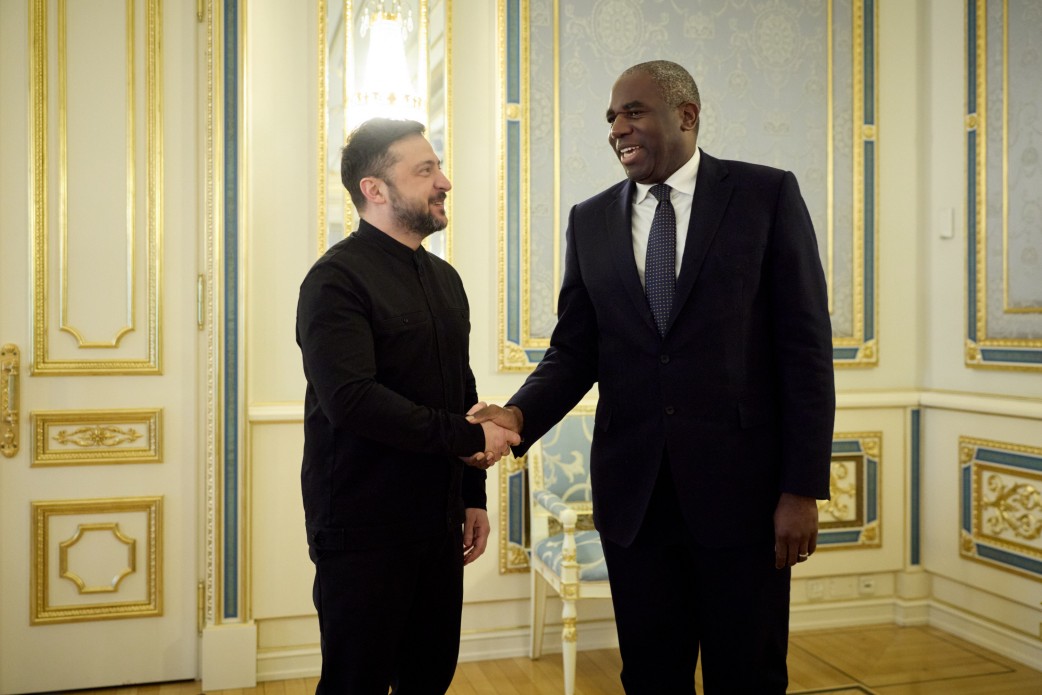Investigations by both Ukrainian news agencies and Russian opposition outlets suggest that Russia is denying the legal guardians of forcibly deported and adopted Ukrainian children the ability to repatriate these children, further undermining the Kremlin’s claims that the deportation and adoption of Ukrainian children is a necessary humanitarian endeavor.
BBC Panorama and Russian opposition outlet Vazhnye Istorii published investigations in November 2023 that detailed how “A Just Russia” Party leader Sergey Mironov and his wife Inna Varlamova deported a ten-month girl and a two-year old boy from an orphanage in Kherson region in fall 2022.
Mironov and Varlamova adopted the girl and changed her name, surname, and birthplace on her new Russian birth certificate, and the whereabouts of the boy remain unknown. Ukrainian outlet TSN posted an investigation on April 28, 2024, that further details the circumstances of Mironov’s adoption of the girl and includes footage of Mironov and his wife attending a baptism for the child.
TSN alleged that Mironov and Varlamova brought both the girl and the boy to Moscow region, but that the boy was ill and that Mironov and Varlamova abandoned him, which is why his whereabouts remain unknown.
TSN also reported that the Ukrainian Ombudsman’s Office found that the girl, who is now nearly three years old, actually has a legal guardian and a younger sister living in Greece and noted that the girls’ guardian is asking for her return.
Russian opposition outlet TV Dozhd similarly reported on April 27 that a Russian woman adopted a deported six-year-old boy from occupied Donetsk region and changed his name and surname, which made it harder for journalists and the boy’s family to find him.
TV Dozhd noted that the boy’s sixteen-year-old sister attempted to find him and gain custody through the Russian court system, which denied her right to guardianship.
The practice of changing the names and birthplaces of deported Ukrainian children and adopting them into Russian families is likely intended to erase the paper-trail of the circumstances of their deportations and their true identities to make it more challenging for the Ukrainian government or their guardians to find or repatriate them. Russian authorities, including Russian President Vladimir Putin and Kremlin-appointed Commissioner on Children’s Rights Maria Lvova-Belova, frequently try to justify the deportation and adoption of Ukrainian children on humanitarian grounds and cloak what is ultimately part of a genocidal enterprise to destroy Ukrainian identity in the guise of rescuing orphaned Ukrainian children.
Reports that some of these children have legal guardians who are asking for their return undermines the Russian effort to claim that the deportation of Ukrainian children is a humanitarian necessity and highlights the fact that Russian authorities seem intent on covering their tracks to make deported children harder to find and return to Ukraine.





















